We add the prestigious Johns Hopkins University Library to our long list of elite Universities that have acquired the Vanishing Cuba book for their reference libraries.
As America’s first research university, Johns Hopkins takes learning seriously. They have the libraries and study spaces to help fuel discovery—from the stately Hutzler Reading Room to the open and modern Brody Learning Commons.
The Brody Learning Commons opened in 2012 and was built with its students in mind. A focal point of activity (studious and social), it contains 16 group study rooms, a 75-seat café, a 100-seat quiet reading room, and what their students told them they wanted more than anything—lots of natural light. The 24/7 building is also environmentally friendly and was recognized for its green construction and operations by the U.S. Green Building Council.
Their state-of-the-art Brody Learning Commons is designed to encourage technology-driven and collaborative learning. The adjacent (and more traditional) Milton S. Eisenhower Library is the main research library for the university. Home to their incredibly helpful librarians (the original search engines), stacks, and impressive collection of rare books and manuscripts, the library is one of the most heavily used buildings on campus.
The George Peabody Library, also known as “the cathedral of books,” holds some 300,000 volumes, mainly from the 18th and 19th centuries, and is routinely ranked among the most beautiful libraries in the world. The ornate, cast-iron balconies rise to a latticed skylight above a black-and-white-marble-floored atrium, providing an Instagram-worthy and inspiring place to connect to the past.
With spaces of both traditional and modern and world-class resources—from rare books to the latest electronic databases and millions of print volumes—the university libraries help make discovery possible around the clock, across our campuses, and around the world.
The Sheridan Libraries—made up of the Brody Learning Commons, the Milton S. Eisenhower Library and its collections at the Albert D. Hutzler Reading Room in Gilman Hall, the John Work Garrett Library at Evergreen, and the George Peabody Library at Mount Vernon Place—provide the major research library resources for the university. Together they contain more than 3.7 million books and provide round-the-clock access to a rich collection of electronic resources, including more than 171,000 print and e-journals and more than 900,000 e-books.
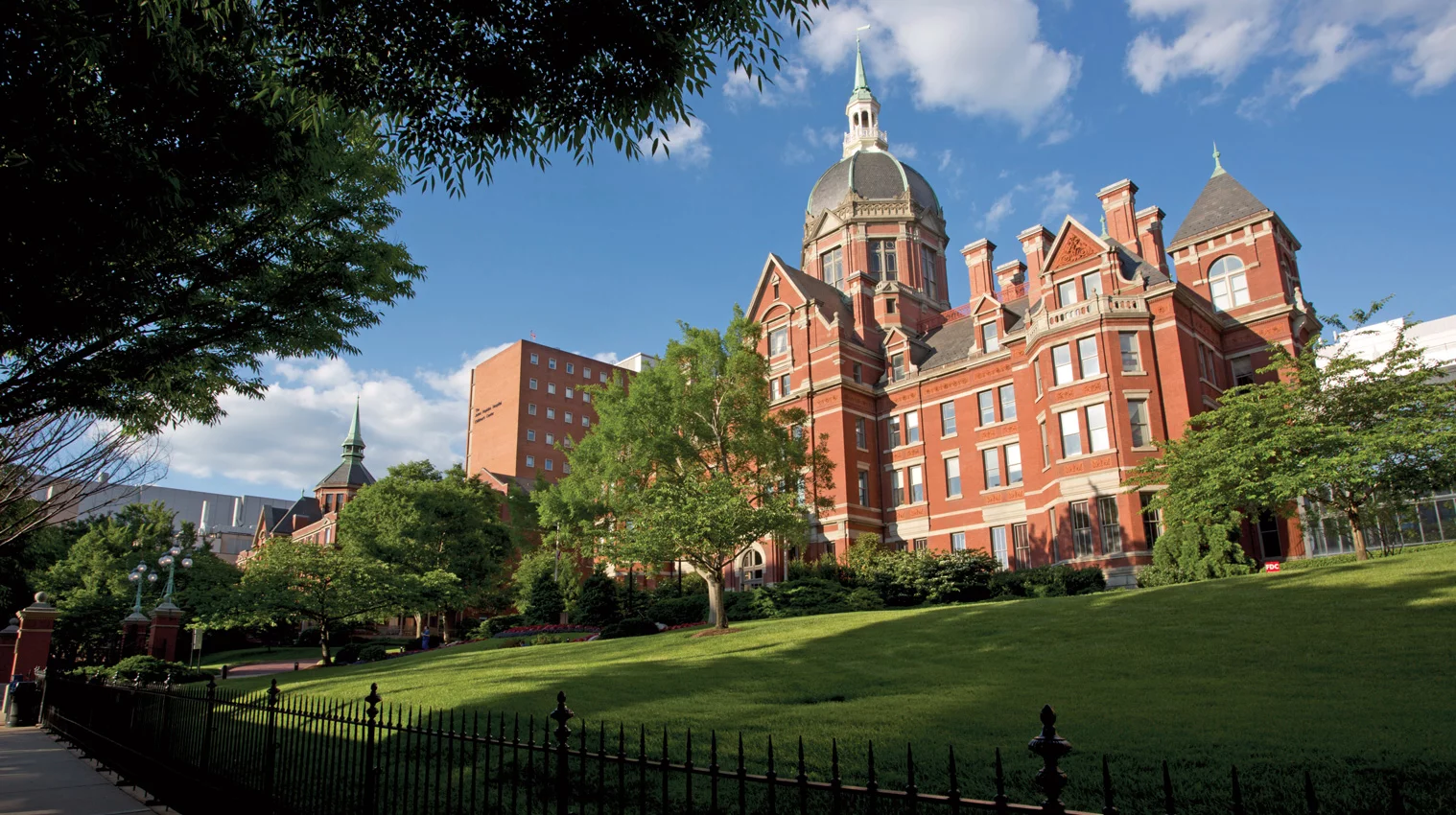
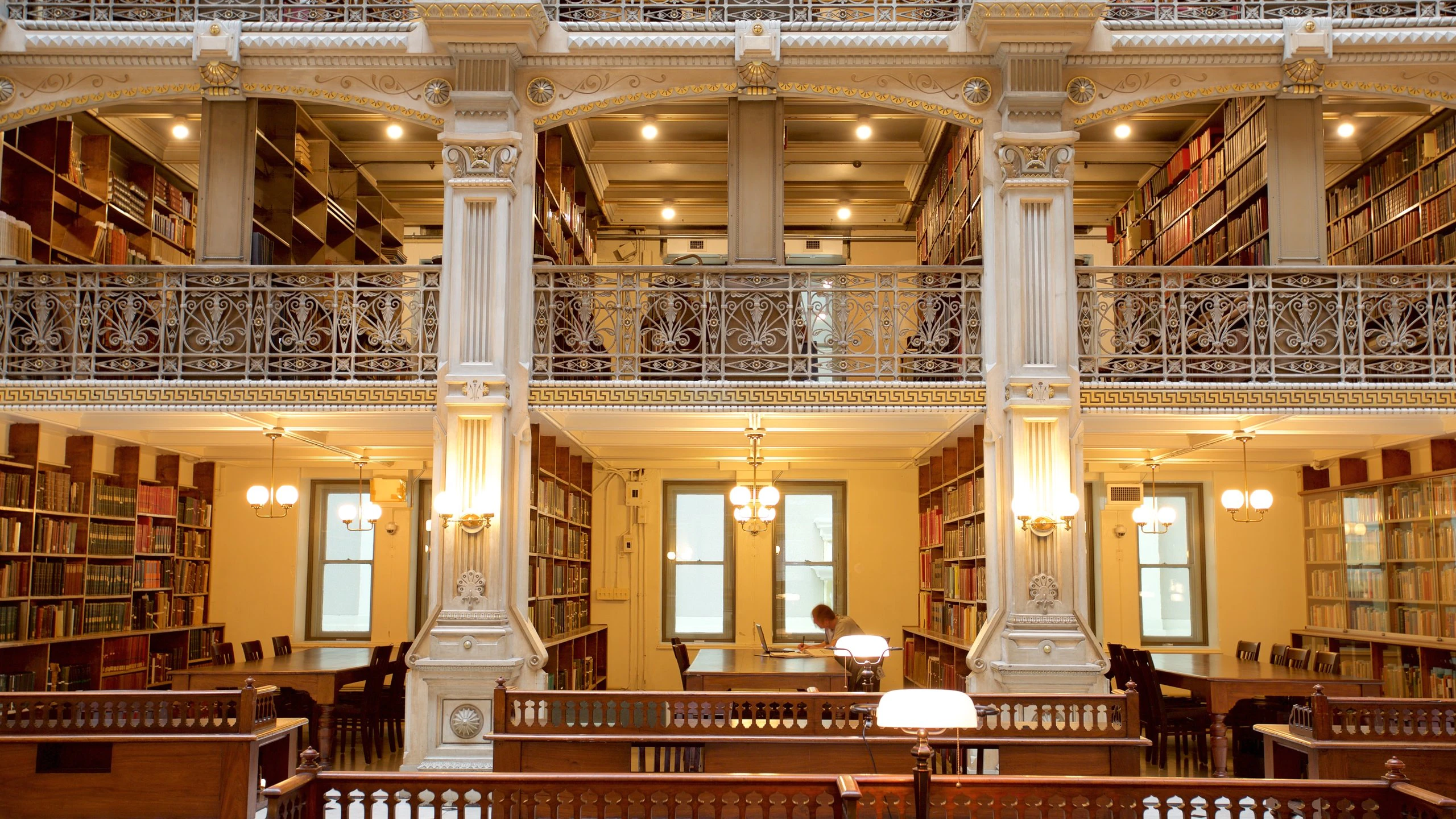
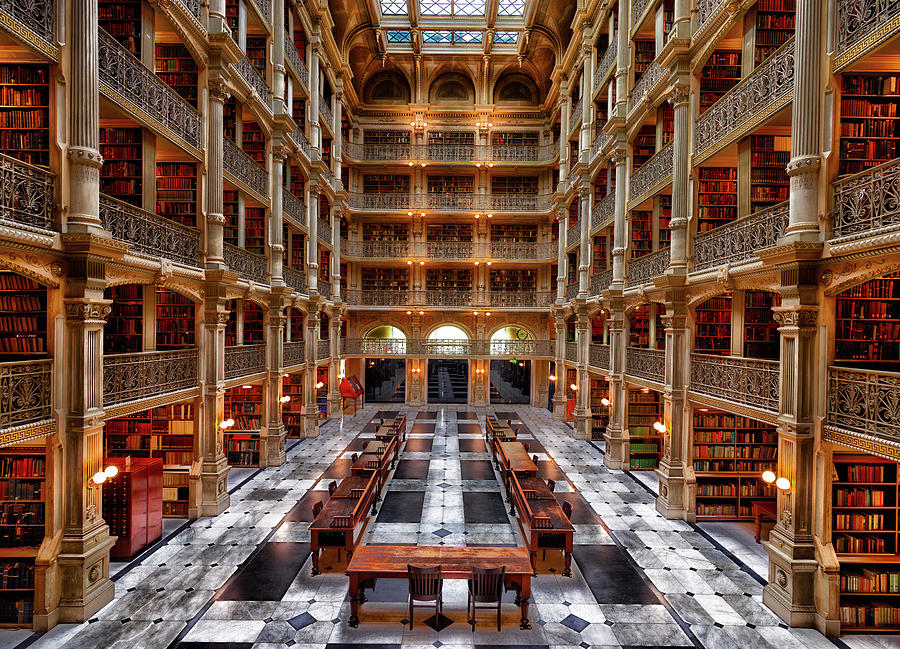

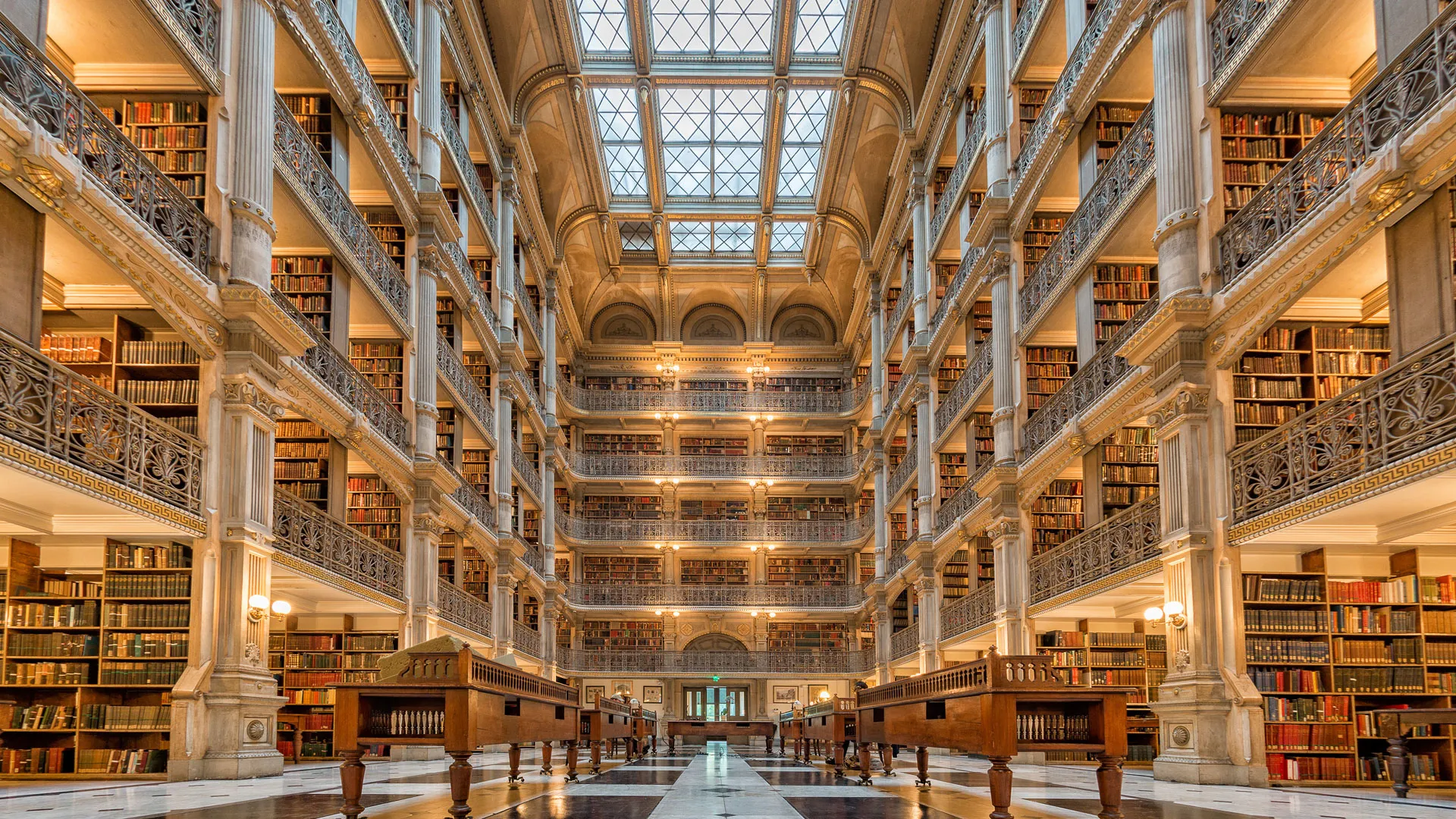
Related Blog Posts
BOOK PEOPLE OF AUSTIN, TEXAS NOW FEATURES VANISHING CUBA
BookPeople of Austin, Texas, established in 1970 and a mainstay of the city, now stocks the Silver Edition of Vanishing Cuba.
ROCHESTER PUBLIC LIBRARY ADDS VANISHING CUBA TO ITS COLLECTION
We are pleased to announce that the Rochester Public Library has acquired the Vanishing Cuba book.
SKYLIGHT BOOKS – LOS ANGELES STOCKS VANISHING CUBA
Thank you, Skylight Books, for stocking our beautiful Silver Edition book. Vanishing Cuba never looked so good in a store window.

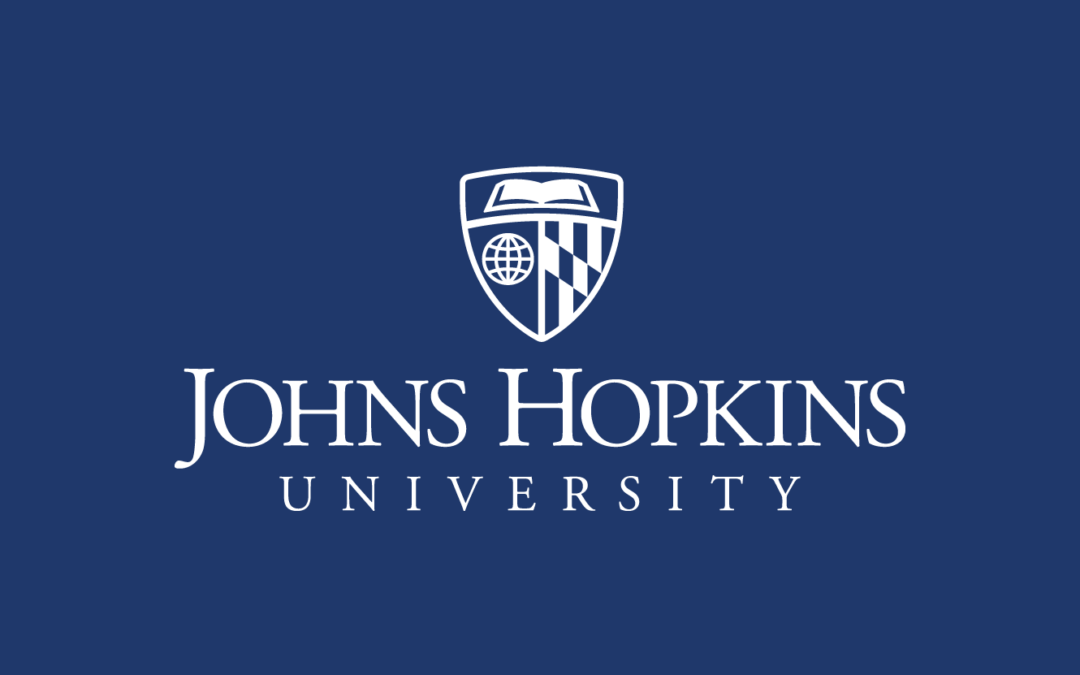

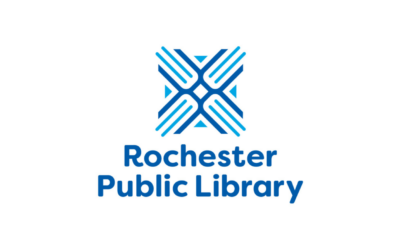

Recent Comments